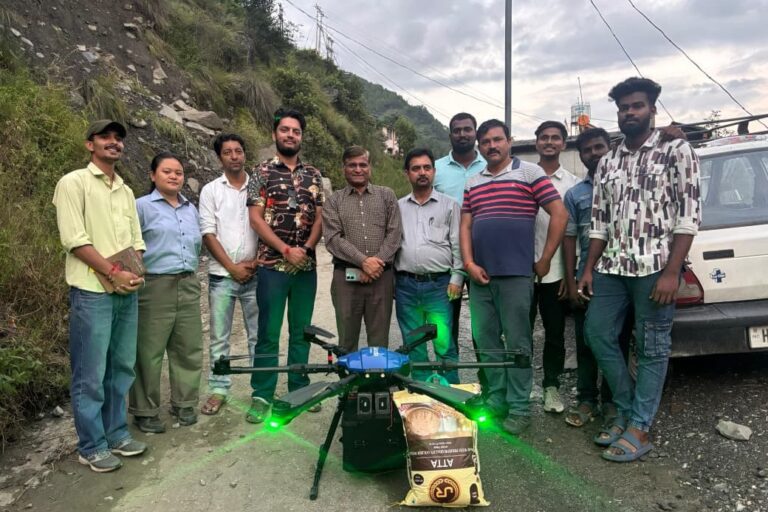
India’s semiconductor industry is poised for substantial growth but faces a looming challenge: a significant talent shortage. A recent report by TeamLease Degree Apprenticeship reveals that the sector is expected to be short of 250,000 to 300,000 professionals by 2027. This shortage will span various crucial segments, including research and development (R&D), design, manufacturing, and advanced packaging.
Government Initiatives and Industry Growth
India has been actively pursuing a larger share of the global semiconductor manufacturing market, backed by the Rs 76,000 crore semiconductor incentive scheme. As part of this initiative, the government has approved four major projects. These include Micron’s assembly, test, marking, and packaging (ATMP) project, Tata’s chip manufacturing and assembly project, and CG Power’s chip assembly project. Additional projects are in the pipeline, pending approval.
Educational Efforts to Address the Talent Gap
In response to the projected shortage, the Indian government and industry leaders have been working together to integrate semiconductor-related courses into higher education. Last year, it was announced that over 300 leading colleges would offer specialized courses on semiconductors. These initiatives aim to ensure a steady pipeline of skilled professionals for the burgeoning industry.
The Role of Degree Apprenticeships
Degree apprenticeships have emerged as a vital tool in bridging the talent gap. These programs combine theoretical education with practical training, offering industries access to a highly qualified workforce. Ramesh Alluri Reddy, CEO of TeamLease Degree Apprenticeship, emphasized the importance of these programs, stating, “AI-powered chip design and smart manufacturing are creating a demand for professionals skilled in AI, IoT, and 5G. Building an ecosystem for higher value creation activities and cultivating a competent workforce through degree apprenticeships and training programs is crucial to establish India as a significant player.”
Apprenticeship Programs and Initiatives
The Electronics Sector Skill Council (ESSC), a not-for-profit organization, currently offers over 35 apprenticeship courses under the National Apprenticeship Promotion Scheme (NAPS) to tackle skill shortages at various entry levels. The National Apprenticeship Promotion Scheme-2 (NAPS-2) further aims to enhance apprenticeship training by providing partial stipend support to apprentices, building the capacity of the apprenticeship ecosystem, and advocating for stakeholders.
The number of apprenticeships in the electronics industry has seen a dramatic increase, growing over 12 times from 7,517 in FY20 to 91,948 in FY24. Sumit Kumar, Chief Business Officer at TeamLease Degree Apprenticeship, highlighted the importance of these programs in addressing the industry’s skill demands.
Collaborative Efforts for Curriculum Development
TeamLease Degree Apprenticeship is working with over 22 universities to design courses that equip professionals with the necessary skills for the semiconductor industry. These collaborations are aimed at creating a workforce ready to meet the evolving demands of the sector and support India’s ambition to become a major player in the global semiconductor market.
As India strives to establish itself as a key player in the global semiconductor industry, addressing the projected talent shortage is critical. Through government initiatives, industry collaborations, and innovative educational programs, India is making concerted efforts to bridge the skill gap and build a robust ecosystem for its semiconductor sector.






